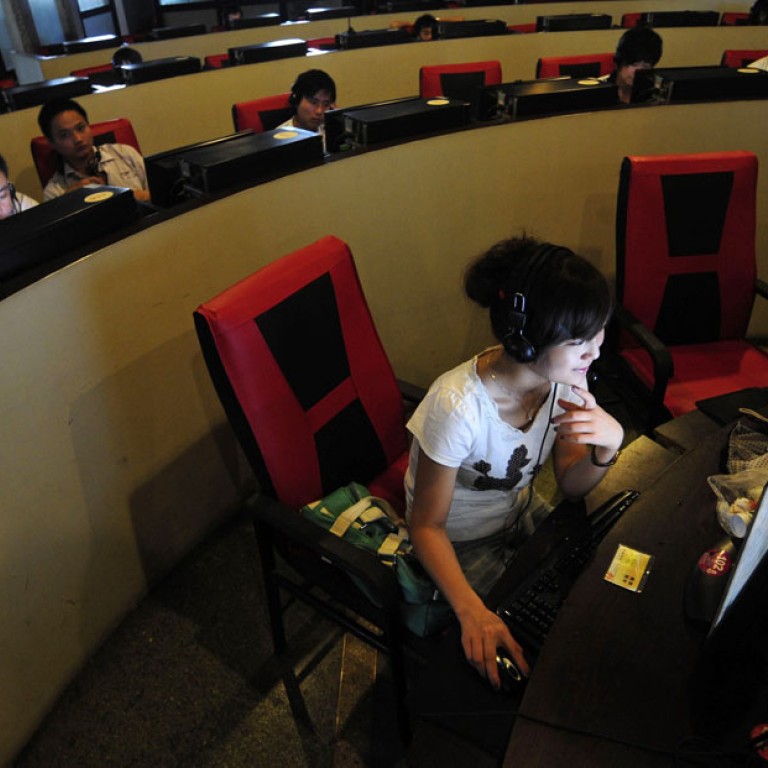
Rules to combat online rumours ‘unconstitutional’, say experts
Legal interpretation criticised as risking right to free speech and handing police too much power
China's first legal document on controlling online rumours has sparked public outrage, with legal experts saying it is a violation of the constitution.
The judicial interpretation, which took effect yesterday after being jointly issued by the country's top court and prosecution body, has granted such unprecedented power to security authorities that web users can easily be charged for spreading false information online, analysts say.
Constitutionally, such major revision of the law can only be made after review by the Standing Committee of the National People's Congress, the country's top legislature
The top court's spokesman Sun Jungong said in a press conference on Monday that the interpretation was finalised after in-depth research lasting more than a year, and both the court and prosecutors made extensive efforts to seek feedback from both government bodies and legal professionals.
But law experts said the so-called judicial interpretation was in fact a de facto revision of the law which neither the top court nor the top prosecuting body had the right to do.
"Constitutionally, such major revision of the law can only be made after review by the Standing Committee of the National People's Congress, the country's top legislature," said Wang Cheng, a Zhejiang-based lawyer who wrote an open letter to the committee to request the interpretation be repealed, saying that it contradicted the constitution.
The 1982 constitution clearly states that only the NPC Standing Committee has the right to revise laws or to issue judicial interpretations, but in reality the court and the prosecution would sometimes take the latter role, Wang said.
The new rules set out a list of charges by which an internet user can be punished when it comes to spreading online rumours, including stirring up trouble, a controversial and vague charge for which offenders can be sent to prison for up to 10 years.
The charge previously referred only to crime that occurred in what is described as "the public space" and did not cover the internet. But Sun, the court spokesman, said cyberspace can be part of "the public sphere" since the internet is also a key component of public order.
Tong Zhiwei , professor of law at Shanghai's East China University, said the authorities were playing with words by changing the term from "public space" to "public sphere".
"The public space refers to the real world but the public sphere doesn't," said Tong. "This is a revision, not a new interpretation that could be given by the court and the prosecution."
He added it was also a problem for the top court and prosecutors to jointly issue the document, as constitutionally they should be two separate bodies that keep each other in check.
Liberal scholars also believe the legal document is so vague and broadly worded it could easily interfere with the right of freedom of speech, which is enshrined in the constitution.
Under the new rules, people can be charged with defamation if online rumours they create receive 5,000 views or are reposted more than 500 times. In addition, "serious cases" that could result in criminal charges, including online posts that lead to mass protest, instigate ethnic or religious clashes, damage the nation's image or cause a bad international effect for the country, can be pursued by prosecutors.
"It's so easy to be charged with libel under the new interpretation, " said Xu Xin , a professor of law at Beijing Institute of Technology. "The law should protect the freedom of expression of citizens, including what's perceived as inappropriate comments."
Political scientist Zhang Ming of Renmin University in Beijing said the new rules give enormous power to police so that they can potentially arrest anyone that they want.
"The judicial interpretation came out because the leadership needs it to rule its people, not because the public wants it."
The leadership has recently ramped up its campaign to rein in social media, making a string of detentions of active bloggers.
